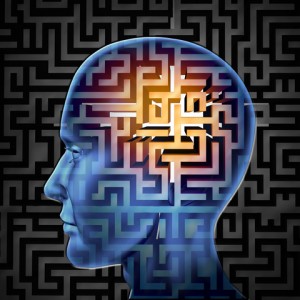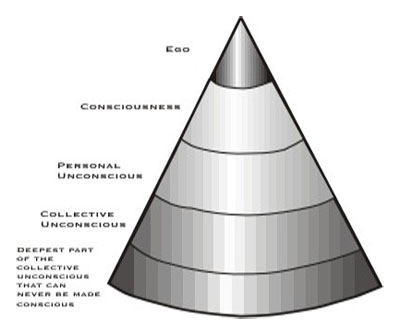Below is a table of planetary correspondences that were written by Clare Martin and posted on Astro.com. This is a webpage that you should save or print up for future reference. Do not worry about what is written now, we will refer back to it during the lessons.
Storm Cestavani on Almost Heaven
 Let’s face it, there are a lot of gifted mediums in the world. You may have heard of some of them – Lisa Williams, John Edward, and James Van Praagh; however, in my experience, the most gifted medium I have ever encountered is Elizabeth Gillam aka Lizzy Star. I recently was asked to be a guest on her talk show, “Almost Heaven,” and had a great time discussing astrology, tarot, and my recent recovery process. The interview was one of the best I have ever had the privilege to do. The show also featured the talented Bear Medicinewalker, and a gifted medium in her own right, Barbara DeLong.
Let’s face it, there are a lot of gifted mediums in the world. You may have heard of some of them – Lisa Williams, John Edward, and James Van Praagh; however, in my experience, the most gifted medium I have ever encountered is Elizabeth Gillam aka Lizzy Star. I recently was asked to be a guest on her talk show, “Almost Heaven,” and had a great time discussing astrology, tarot, and my recent recovery process. The interview was one of the best I have ever had the privilege to do. The show also featured the talented Bear Medicinewalker, and a gifted medium in her own right, Barbara DeLong.
You can listen to the entire interview by clicking on the “Blog Talk Radio” box below.
It’s Back to School Time + Exercise 1
To get a free copy of your horoscope, make sure that you click HERE. To learn more about how to read your computerized horoscope click HERE.
I remember my favorite time as a child was getting ready to go back to school. All those new pens, paper, glue, crayons, trapper keeps, spiral notebooks – it was the best fun for me. It was like Christmas in September. Now as a teacher, it is equally enthusiastic for me! I am excited to teach a class as it gives me the opportunity to use all the items that I desperately cherished and are old reliable friends to me.
Although you do not need any materials for the class, I do suggest that you study with whatever supplies make you the happiest. There will be journaling and written exercises to help you grasp the material easier. For me, part of the fun of learning any new subject is materials to make the experience unique. I hope that you make this experience uniquely your own, and that you have fun doing so.
Psychological Model of the Psyche
 My purpose for writing this article is to provide knowledge of the use of the astrological horoscope as a self-help tool or to begin to study astrology in order to use it professionally. As I have stated, it is my opinion that the horoscope is the best self-help tool that we can use to make great and lasting change in our lives. Further, I believe that it is probably the most powerful psychological tool that a therapist can use – despite the (still) archaic belief that the horoscope is the past time of those who live in a fantasy world, yet those with a cynical understanding of astrology pour over their own psychological models and maps that are similar in structure.
My purpose for writing this article is to provide knowledge of the use of the astrological horoscope as a self-help tool or to begin to study astrology in order to use it professionally. As I have stated, it is my opinion that the horoscope is the best self-help tool that we can use to make great and lasting change in our lives. Further, I believe that it is probably the most powerful psychological tool that a therapist can use – despite the (still) archaic belief that the horoscope is the past time of those who live in a fantasy world, yet those with a cynical understanding of astrology pour over their own psychological models and maps that are similar in structure.
In order to learn how to use astrology in a more reflective (as well as interpretive) capacity will require us to learn some new terms. Since the type of psychology that I study is more Jungian in nature, I will be using Jungian terms and models throughout this class. However, I would like to mention that the Jungian model is not the ONLY model. There are many other areas of psychology, such as Freudian and Adlerian that have their own psychological models and own languages. The Jungian model is simply a starting point to give you some understanding of how the psyche works and operates, yet I encourage the study of other psychological models and theories.




